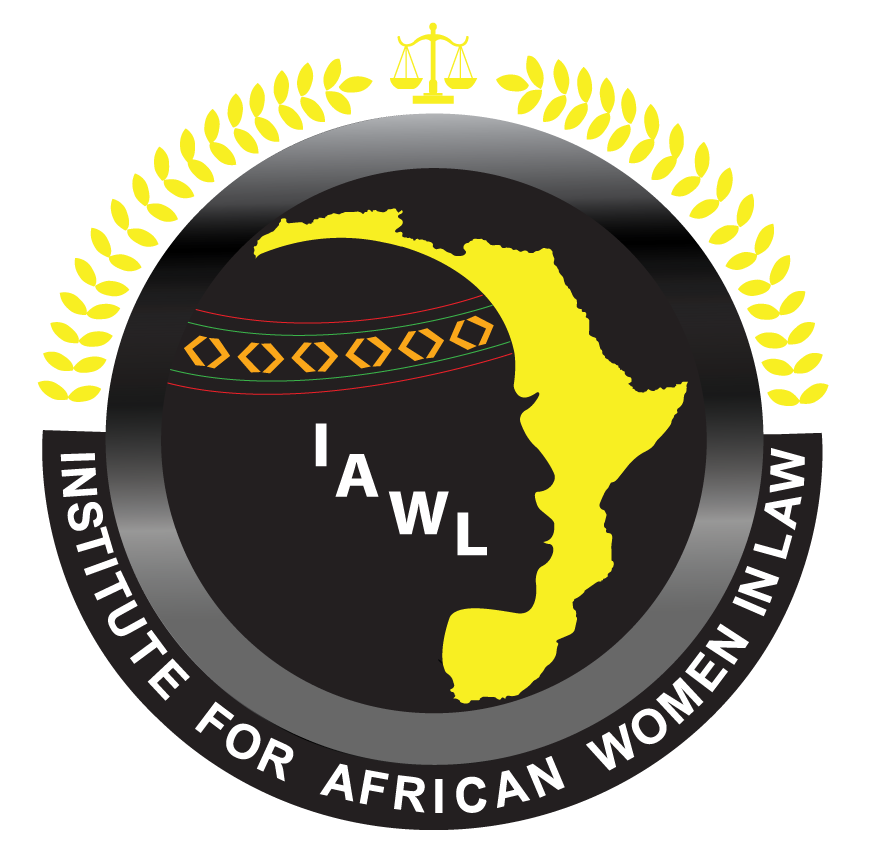#Handwashing and COVID-19: Women and Access to Water
- IAWL

- Apr 8, 2020
- 3 min read
Updated: Apr 14, 2020
*By Pedi Obani, Ph.D.

Hand washing has been identified as a key measure for reducing the spread of COVID-19. However, compliance will be limited in settings where there are concerns over the quality, reliability or quantity of water supply. Indeed, guidance on hand washing, use of hand sanitizers and other hygiene measures are mostly futile when people have to make hard choices between using the limited water supply for drinking, food preparation or hygiene. This is the dilemma faced by the 3 billion people who lack access to water and soap at home across the world. Beyond the important general public health dimension, access to water is also critical for maternal and child health, with life-threatening implications for women during, and after childbirth.
While it is not clear how many of the billions living without access to water, soap and other hygiene materials at home are women, it is evident that a majority are poor people, and often women comprise a large section of these vulnerable communities. Moreover, the responsibility for sourcing clean water for personal and domestic hygiene purposes rests predominantly on women and girls in many developing countries. This is in addition to their role as primary care givers in domestic settings. Women living without access to water further have to deal with the difficulty of menstrual hygiene management.

Emphasis on hygienic practices such as hand washing during the COVID-19 pandemic increases the risks for women and girls as they have to carry the burden of seeking water for domestic usage. The increased scarcity further reduces their capacity to engage in other productive, learning and recreational activities. The lockdowns imposed as part of the public health measures for managing transmission of the coronavirus also limits the options for accessing water in urban centres for people who rely on private taps within commercial buildings or parks that are now temporarily closed.
It is the duty of governments under international human rights law to respect, protect, fulfil and promote the rights to water and sanitation, including hygiene. Several international and regional law mechanisms mandate governments to progressively realise adequate, safe, accessible, acceptable, and affordable water, sanitation and hygiene services within their jurisdictions, using the maximum available resources. The legal basis for this includes the rights to health and an adequate standard of living under the United Nations International Covenant on Economic, Social and Cultural Rights (1966). In line with this, various countries have enacted policies and laws on access to water, sanitation and hygiene. In practice, minorities and vulnerable populations who are unable to pay are often excluded from service coverage as a way of ensuring full cost recovery and the financial sustainability of services.
The current pandemic makes it imperative for the government and service providers to prioritise the provision of continuous safe water services and hand washing facilities for all, as a public good. In line with this, the announcement of free water services for Ghanaians from April to June 2020 is a welcome development. Emphasis should also be placed on providing multiple taps or water tankers and hand washing facilities in strategic locations within communities that are not connected to the public water supply network, as part of social relief measures. There should be no water disconnections due to non-payment during lockdowns and faulty facilities should be repaired as a priority. These measures will hopefully go a long way to curb the spread of the virus and improve the livelihood outcomes for all— but more so for women and girls in affected communities who stand the increased risk of carrying the burden of finding scarce water for their households.

* Pedi. Obani, Ph.D. || Senior Lecturer, Department of Jurisprudence and International Law, University of Benin, Benin City, Edo State, Nigeria.
The views expressed in this entry belong to the author.
